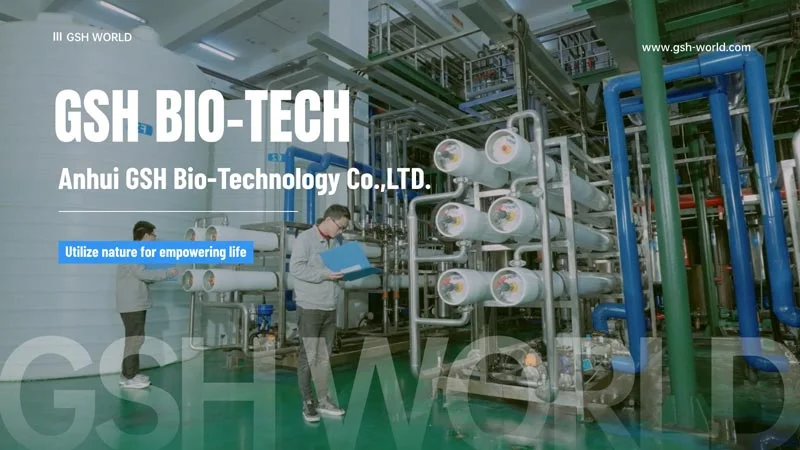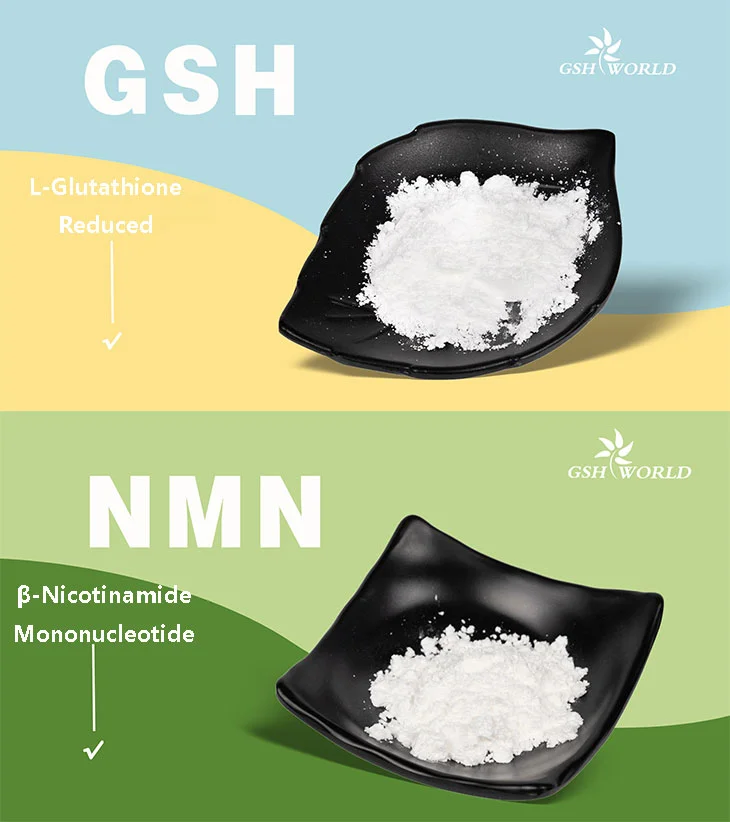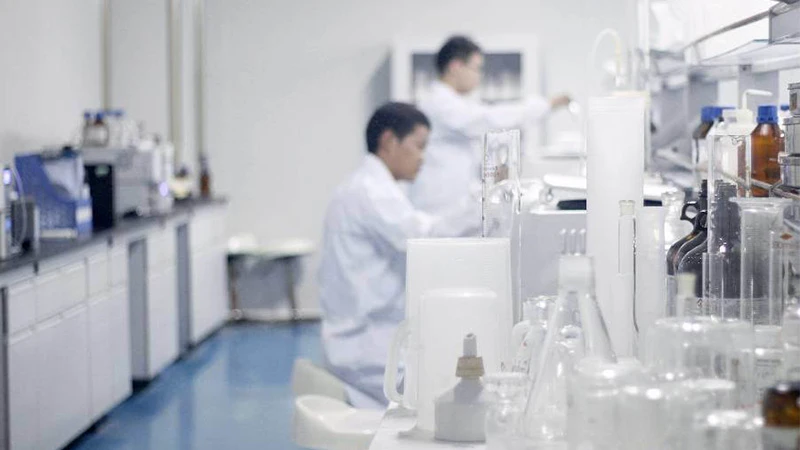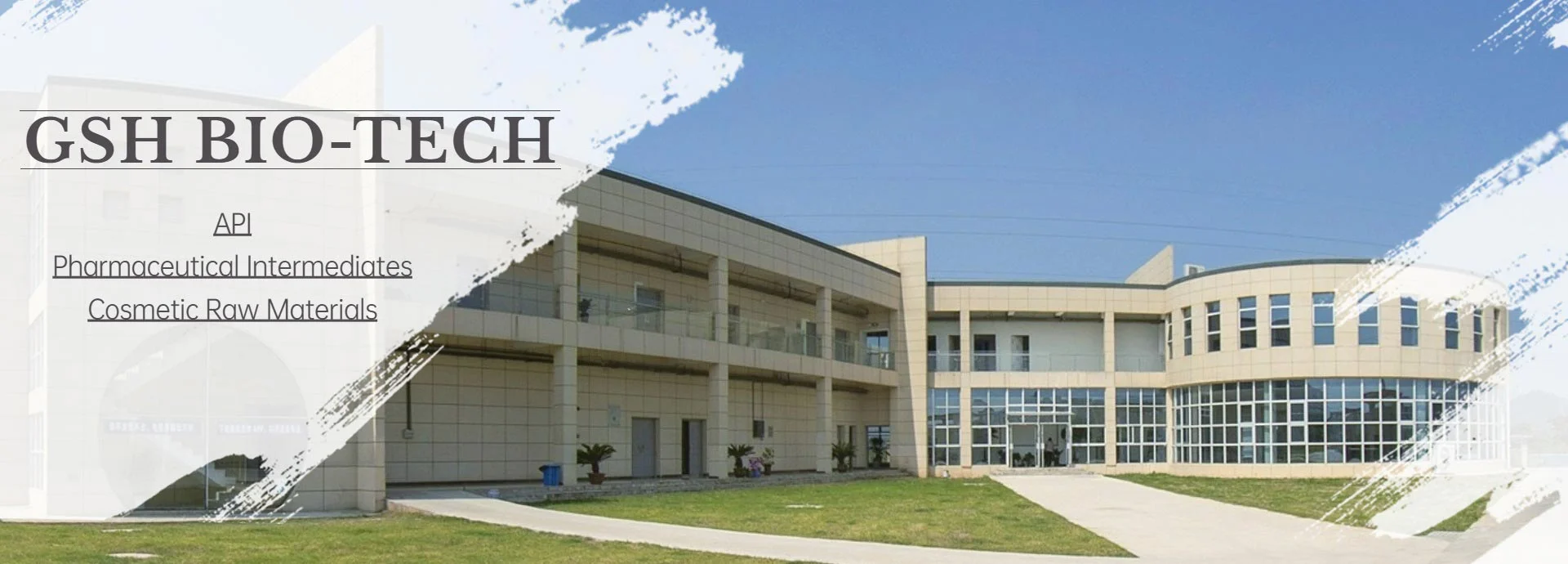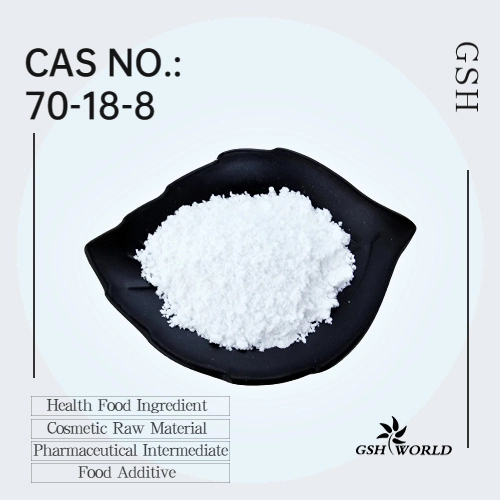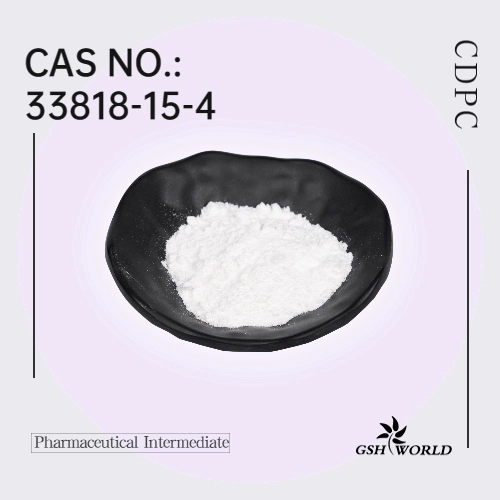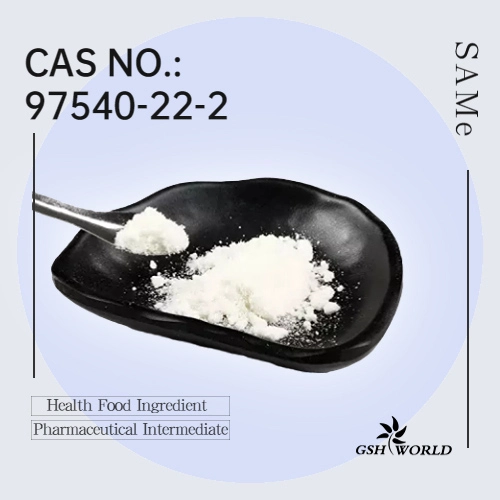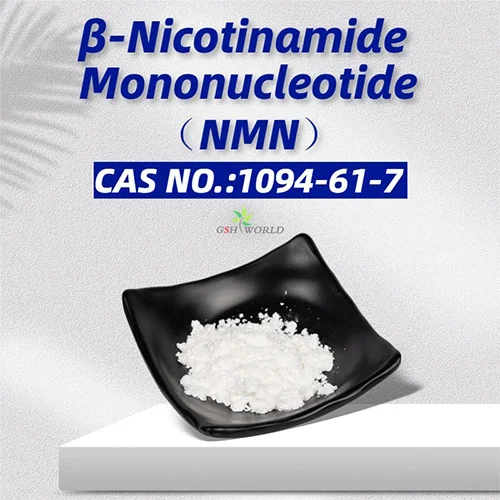NMN recent animal test results
1. NMN can improve arterial stiffness, myocardial infarction, promote angiogenesis and heart protection
In May of this year, a study on Stem Cell Rev Rep showed that intervening extracellular vesicles (N-EVs) derived from mesenchymal stem cells by supplementing NMN can significantly reduce apoptosis in the peri-infarct area of rats with myocardial infarction And myocardial fibrosis, promote angiogenesis.
Further analysis and comparison showed that N-EVs promoted angiogenesis by targeting EFNA3 through miR-210-3p, thereby promoting infarct healing.
2. NMN can alleviate learning and memory impairment
In May of this year, a result published in Molecular Neurobiology confirmed that NP can induce oxidative stress in PC-12 cells and damage the cholinergic and serotonin systems of cells.
Nonylphenol (NP) is a substance widely used in the chemical industry, which generally accumulates in organisms through environmental pollution and can cause learning and memory impairment.
NMN can alleviate the learning and memory impairment induced by NP at the molecular level by protecting the serotonin system and cholinergic system and reducing oxidative stress.
Another study published in Food and Chemical Toxicology in June this year also came to the same conclusion.
The research team supplemented low-dose NMN to NP-exposed rats, and found that the contents of NAMPT and NMNAT1 in the brain tissue of the rats were increased, and at the same time, 5-HTR1A, 5-HTR4, and 5-HTR6 related to learning and memory were also increased in the hippocampus of the rats. content.
3. NMN promotes bone healing in osteoporosis
In February of this year, a study published in J Gerontol A Biol Sci Med Sci confirmed that NMN can alleviate osteoblast senescence induction and promote bone healing in osteoporotic mice.
Mechanistically, the research team found that NMN restored TNF-α-induced mitochondrial dysfunction in HOBs by increasing mitochondrial membrane potential and reducing reactive oxygen species and mitochondrial mass.
In vivo experiments, NMN also increased mitophagy activity by down-regulating P62 expression and up-regulating light chain 3B-II protein expression, attenuated the induction of senescent cells in the growth plate, and partially prevented osteoporosis in an ovariectomized mouse model , and accelerated bone healing in osteoporotic mice.
In May, another study on Cell Stress Chaperones also showed that NMN can alleviate osteopenia induced by simulated microgravity in rats.
The research team administered NMN (500 mg/kg body weight) once every 3 days to hindlimb unloaded (HLU) rats for 4 weeks.
It was found that NMN supplementation could alleviate HLU-induced bone loss and alleviate HLU-induced oxidative stress. Furthermore, NMN treatment attenuated microgravity-induced mitochondrial damage and promoted the activation of adenylate-activated protein kinase (AMPK).
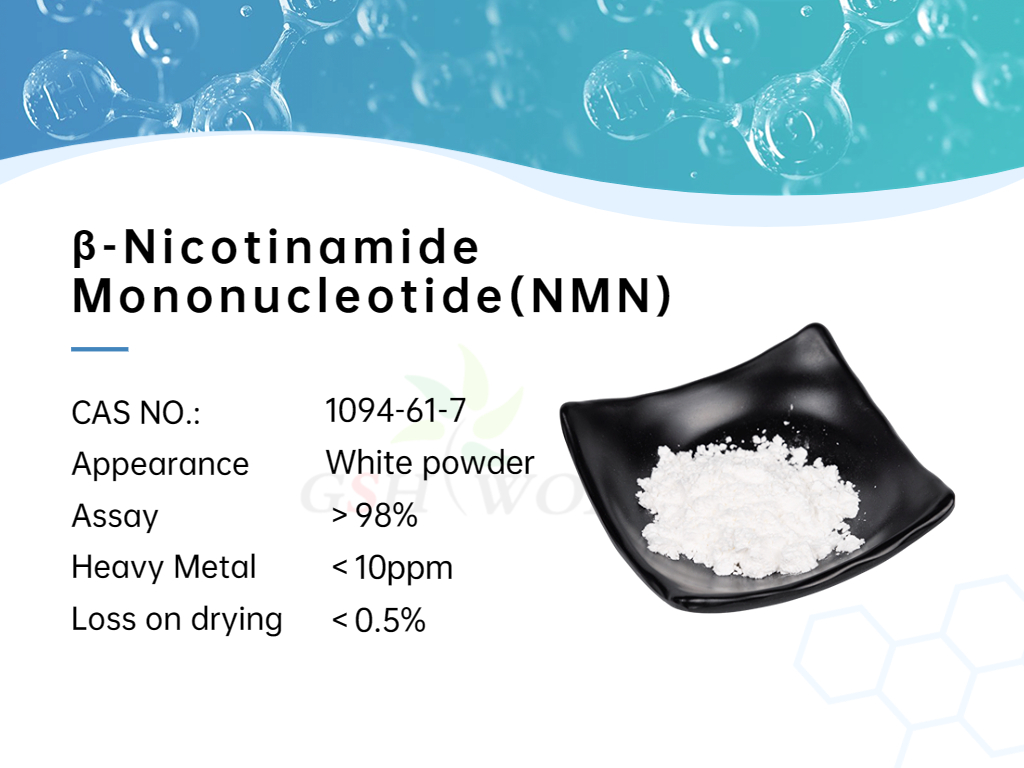
4. NMN improves Alzheimer's disease
In January this year, a study on Biochem Biophys Res Commun. confirmed that NMN can improve Alzheimer's disease (AD) by regulating gut microbiota.
The results showed that NMN supplementation significantly altered the gut microbial community composition in AD mice. NMN also improved AD by protecting gut health, increasing the relative abundance of short-chain fatty acid (SCFAs)-producing bacteria such as Lactobacillus and Bacteroides at the level.
5. NMN anti-oxidation and anti-inflammation
In January this year, a study published in Int J Med Sci showed that NMN can reduce nerve damage in traumatic brain injury through anti-neuroinflammation. The research team used NMN to explore the specific role of NAD+ in TBI in rats. The findings showed that NMN significantly attenuated histological damage, neuronal death, cerebral edema, and improved neurological and cognitive dysfunction in rats with TBI.
Moreover, NMN significantly inhibited the activated astrocytes and microglia after TBI, and further suppressed the expression of inflammatory factors.
picture
In March, another study on the treatment of AP with NMN was published in Br J Pharmacol. The research team found that NMN can reduce AP-mediated mitochondrial dysfunction, oxidative damage and inflammation by increasing pancreatic NAD+ levels.
Likewise, overexpression of the NAD+-dependent mitochondrial sirtuin 3 (SIRT3) attenuated the severity of AP. Furthermore, SIRT3 deacetylates peroxide reductase 5 (PRDX5) and enhances the expression of PRDX5 protein, thereby promoting its antioxidant and anti-inflammatory activities in AP. Importantly, NMN metabolism induces SIRT3-PRDX5 pathway activation in AP.
In the same month, another study published in J Surg Res also confirmed that NMN can alleviate LPS-induced acute lung injury and has anti-inflammatory, anti-oxidative and anti-apoptotic effects.
The study found that NMN supplementation can reduce the pathological damage and apoptosis of lung tissue, reduce the levels of inflammatory cytokines TNF-α, IL-1β and IL-6 in bronchoalveolar lavage fluid (BALF), and reduce the total number of cells and neutrophils in BALF. The number of granulocytes.
In addition, NMN decreased LPS-induced dry/wet ratio, MDA content, p38 MAPK and p65 NF-κB phosphorylation levels, and increased SOD activity. Studies have shown that NMN has anti-inflammatory, anti-oxidative and anti-apoptotic protective effects on LPS-induced ALI.
The latest research published in Redox Biol in July confirmed that NMN can activate the NAD+/SIRT1 pathway and attenuate the inflammatory and oxidative responses in the hippocampus of suppurative mice.
Studies have shown that the expression of Sirtuin 1 (SIRT1) is down-regulated in the hippocampus of septic mice, and SIRT1 agonists can alleviate cognitive dysfunction in septic mice.
After NMN supplementation, the behavioral performance of rats in the conditioned fear test and Morris water maze was improved. After administration of NMN to mice with sepsis, the apoptosis, inflammation and oxidative responses of hippocampal tissue were significantly reduced.
6. NMN can improve fertility
In February, a study published in Cell Prolif showed that NMN could restore oxidative stress-associated apoptosis in mouse oocytes exposed to benzylbutyl phthalate (BBP).
The study revealed the mechanism of BBP toxicity to female reproduction. BP exposure disrupted oocyte spindle organization, chromosome arrangement, and cortical actin distribution, resulting in oocyte meiotic maturation failure and subsequent failure of early embryonic development. Supplementing NMN can reduce the adverse reactions of BBP.
In April, another study on Antioxidants (Basel) also confirmed the effect of NMN on lipid droplet content and developmental ability of vitrified bovine oocytes.
The results showed that 1 μM NMN, 2.5 μM BER and 1 μM COR effectively decreased lipid droplet content and enhanced the developmental ability of vitrified bovine oocytes by reducing ROS levels, alleviating endoplasmic reticulum stress, regulating mitochondrial function and inhibiting apoptosis , and the therapeutic effect of 1 μM NMN was better than that of 2.5 μM BER and 1 μM COR.
*Special note - This article is for informational purposes only and cannot replace a doctor's treatment diagnosis and advice. It should not be regarded as a recommendation or proof of efficacy of the medical products involved. If it involves disease diagnosis, treatment, and rehabilitation, please be sure to go to a professional medical institution to seek professional advice.
Previous: Summary of the characteristics of citicoline
Next: Application of glutathione in the field of animal health
by GSHWORLD
GSH Bio Tech is China Biological API Manufacturer. China NMN Supplements powder suppliers & best NMN benefits raw material Factory.

